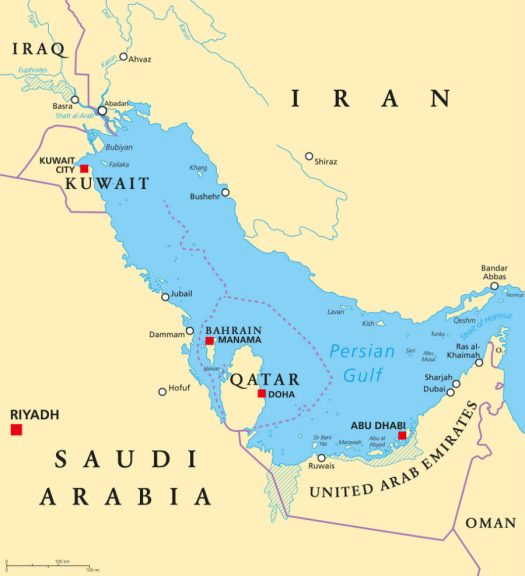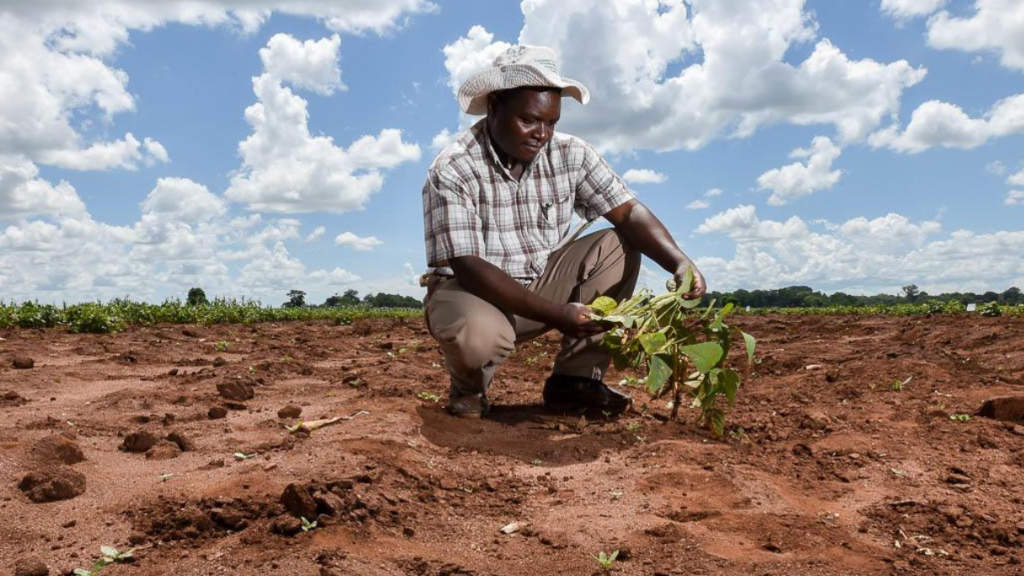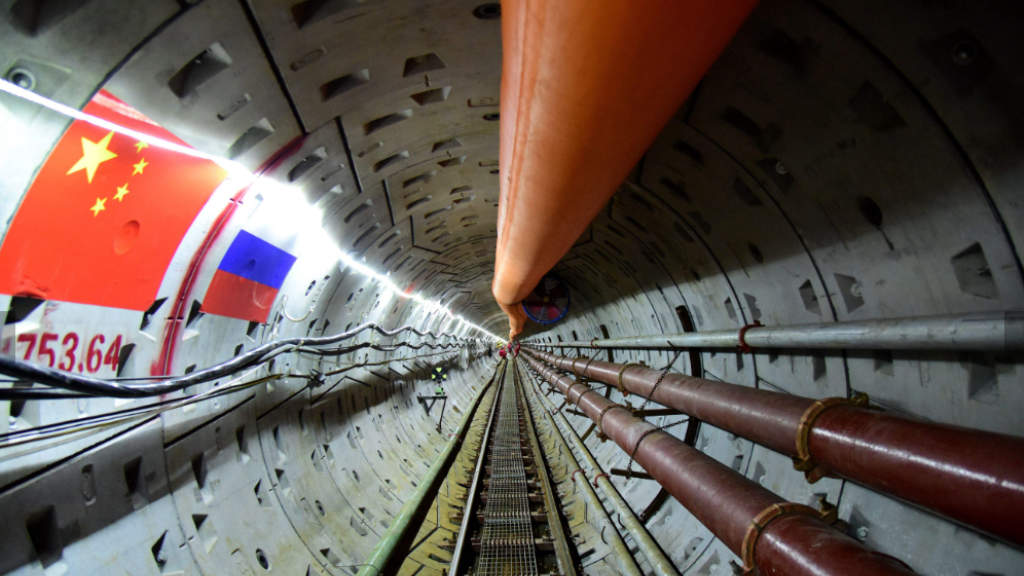Russia and Qatar have signed an agreement to establish a new US$2 billion investment platform aimed at strengthening economic ties and boosting bilateral cooperation. The deal was signed on Thursday (April 17) following talks in Moscow between Russian President Vladimir Putin and Qatari Emir Sheikh Tamim bin Hamad Al Thani, who was in Russia on a state visit.
Under the agreement, the countries’ sovereign wealth funds will expand their partnership, focusing on joint investments in technology, healthcare, mineral extraction, and other areas of mutual interest. The Russian Direct Investment Fund (RDIF) and Qatar Investment Authority (QIA) will each contribute US$1 billion to the new platform.
The RDIF and QIA launched their first joint investment venture in 2014, with US$4 billion in capital. That platform has since backed projects across Russia in areas such as financial and banking services, artificial intelligence, metals, logistics, transport and other sectors.
The new partnership opens up “significant potential,” said RDIF CEO and Putin’s investment envoy, Kirill Dmitriev, creating opportunities for Russian companies in Middle Eastern markets and supporting Qatari businesses entering the Russian market. Dmitriev stated that “Together with Qatar, we’ve already invested in more than 15 projects worth over US$1 billion.”
In addition to the investment deal, the sides have also signed agreements and memoranda of understanding in finance, healthcare and sports. Putin and Al Thani also discussed prospects for diversifying and increasing the volume of bilateral trade.

Qatar is a highly influential Middle Eastern country known for its vast natural gas reserves and strategic position in the Gulf. Qatar’s economy is dominated by the energy sector, particularly natural gas production. The country is one of the world’s leading exporters of liquefied natural gas (LNG), and the North Field expansion, which will significantly increase LNG output by 2030, is a key part of its future economic growth. Additionally, Qatar is investing in renewable energy, particularly solar power, as part of its efforts to transition to a more sustainable energy mix.
Manufacturing is another sector seeing heavy investment, especially in petrochemicals, plastics, and metallurgy. The financial services industry in Qatar is growing rapidly, supported by the rise of digital banking, Islamic finance, and the country’s efforts to establish itself as an international financial hub. The construction and infrastructure sectors are thriving, particularly following Qatar’s hosting of the 2022 FIFA World Cup. Large-scale infrastructure projects, aligned with Qatar National Vision 2030, continue to drive growth.
Tourism is also becoming a key part of Qatar’s economy, with investments in luxury tourism, cultural events, and sustainable tourism initiatives aimed at attracting international visitors. Qatar’s transport and logistics networks, including advanced roads, rail, and ports, are also central to its regional connectivity and trade operations.
The country also benefits from several regional agreements within the Gulf Cooperation Council (GCC), including the GCC-EFTA Free Trade Agreement and the GCC-Singapore Free Trade Agreement. Qatar has signed 63 Bilateral Investment Treaties (BITs) with countries such as China, France, and India.
With a population of approximately 3.05 million, Qatar’s GDP (PPP) stands at US$356 billion, with a GDP per capita of US$115,075. Qatar’s 2025 GDP growth rate is projected at 2%.
Bilateral trade with Russia has shown a decrease over the past three years and is currently running at about US$100 million, with the two sides keen to improve upon this. Qatar exports perfumes and cosmetic oils, industrial fatty acids, coffee and tea extracts and dried fruit and vegetables to Russia, while importing Russian electrical equipment and some energy industry products.
Further Reading






